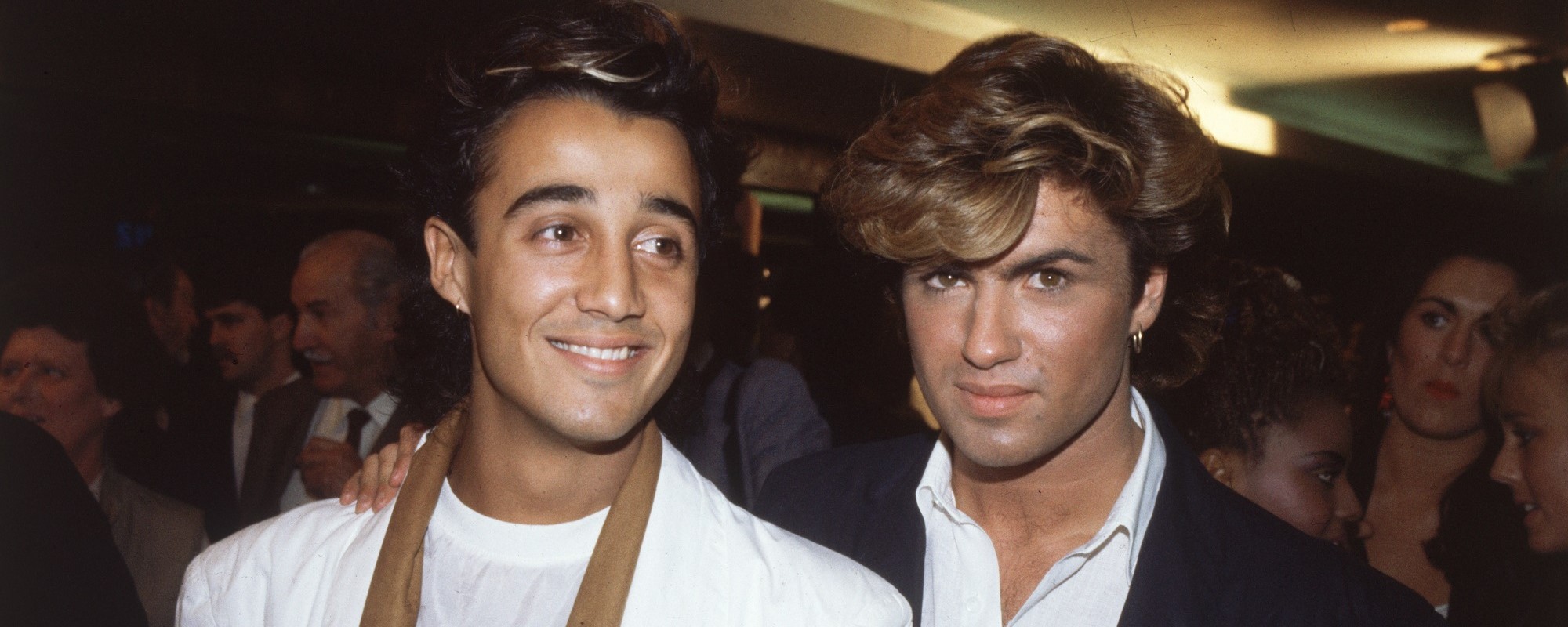On Christmas Day, 1941, just 18 days following the attack on Pearl Harbor, Bing Crosby announced that he would be debuting a new song on The Kraft Music Hall radio show he hosted for a decade. That day, Crosby went on to croon “White Christmas” live on the air.
Videos by American Songwriter
Released around one of the darkest moments in U.S. history to shed some light around the holidays, “White Christmas,” written by Irving Berlin, evoked visions of holidays past and was not as upbeat as some of its more pop yuletide musical counterparts of the time.
Originally written by Berlin for a Broadway revue that never happened, “White Christmas” was later used for the 1942 musical film Holiday Inn, starring Bing Crosby and Fred Astaire, which earned the songwriter and composer his first Oscar for Best Original Song in 1943.
Though the year the song was written is unknown, the lyrics centered around the death of Berlin’s son, who died on Christmas Day in 1928 at only three weeks old. Every year after the death of his son, Berlin, who was Jewish, and his wife would visit his grave on Christmas, something that may have led him to write the more somber holiday song.
“The kind of deep secret of the song may be that it was Berlin responding in some way to his melancholy about the death of his son,” said Jody Rosen, author of the book “White Christmas: The Story of an American Song,” released in 2007.
Most likely written in 1938 or 1939, according to Linda Emmet, Berlin’s daughter and co-editor of “The Complete Lyrics of Irving Berlin,” in a 2000 interview, “White Christmas” may have been Berlin’s coping with the loss of his son many years earlier, in song.
The meaning behind the song also suggests more nostalgia around the holidays, regardless of religion. “It’s very evocative,” said Emmet. “The snow, the Christmas card, the sleigh, the sleigh bells—it’s very evocative, and it’s entirely secular.”
I’m dreaming of a white Christmas
Just like the ones I used to know
Where the treetops glisten
And children listen
To hear sleigh bells in the snow
Berlin, who wrote “God Bless America” and “There’s No Business Like Show Business,” didn’t think “White Christmas” would be a hit for the Holiday Inn film at first.
“I had a song in that called ‘Be Careful, It’s My Heart,’ for Valentine’s Day,” said Berlin in an interview with BBC following the release of the film. “And that’s the song I picked as the big hit, and that’s the song as a publisher I plugged. And it was a fair success. But I also had a song in there called ‘White Christmas.’”

Years later, “White Christmas” kept it’s momentum, becoming an even bigger hit in the film of the same name, starring Bing Crosby, Danny Kaye, Rosemary Clooney, and Vera-Ellen.
Though the original radio recording on The Kraft Music Hall show was lost and a 1942 version wore out, Crosby later recorded the song with the John Scott Trotter Orchestra and the Ken Darby Singers in 18 minutes on May 29, 1942 for longevity.
Throughout the years, the song became most popular as a regular run on the Armed Forces Radio playlist for American GIs spending Christmas overseas during WWII. Throughout the years, troops requested Crosby sing “White Christmas” during USO appearances, much to his chagrin.
“I hesitated about doing it because invariably it caused such a nostalgic yearning among the men, that it made them sad,” said Crosby. “Heaven knows, I didn’t come that far to make them sad. For this reason, several times I tried to cut it out of the show, but these guys just hollered for it.”
I’m dreaming of a white Christmas
With every Christmas card I write
May your days, Be merry and bright
And may all your Christmas’ be white
Crosby added, “I sang it many times in Europe in the field for soldiers, and they’d holler for it. They’d demand it. When I’d sing it, they’d all cry. It’s nostalgic, and it’s kind of poignant, particularly during the war years; so many young people were away and they’d hear this song, and it would happen to be that time of the year, [and] it would really affect them.”
To date, “White Christmas” is one of the most covered songs of all time, recorded by everyone from Elvis Presley and Frank Sinatra to Karen Carpenter, The Supremes, Bette Midler, Darlene Love, Lady Gaga, and Jessie J.
A timeless, holiday classic, now 80 years since Crosby sang it for the first time, “White Christmas” has stood the test of Christmas times past and present and is the best-selling Christmas song of all time with 50 million copies sold, and the best-selling single ever, according to Guinness World Records.
Photo: Courtesy of via Decca/UMe











Leave a Reply
Only members can comment. Become a member. Already a member? Log in.